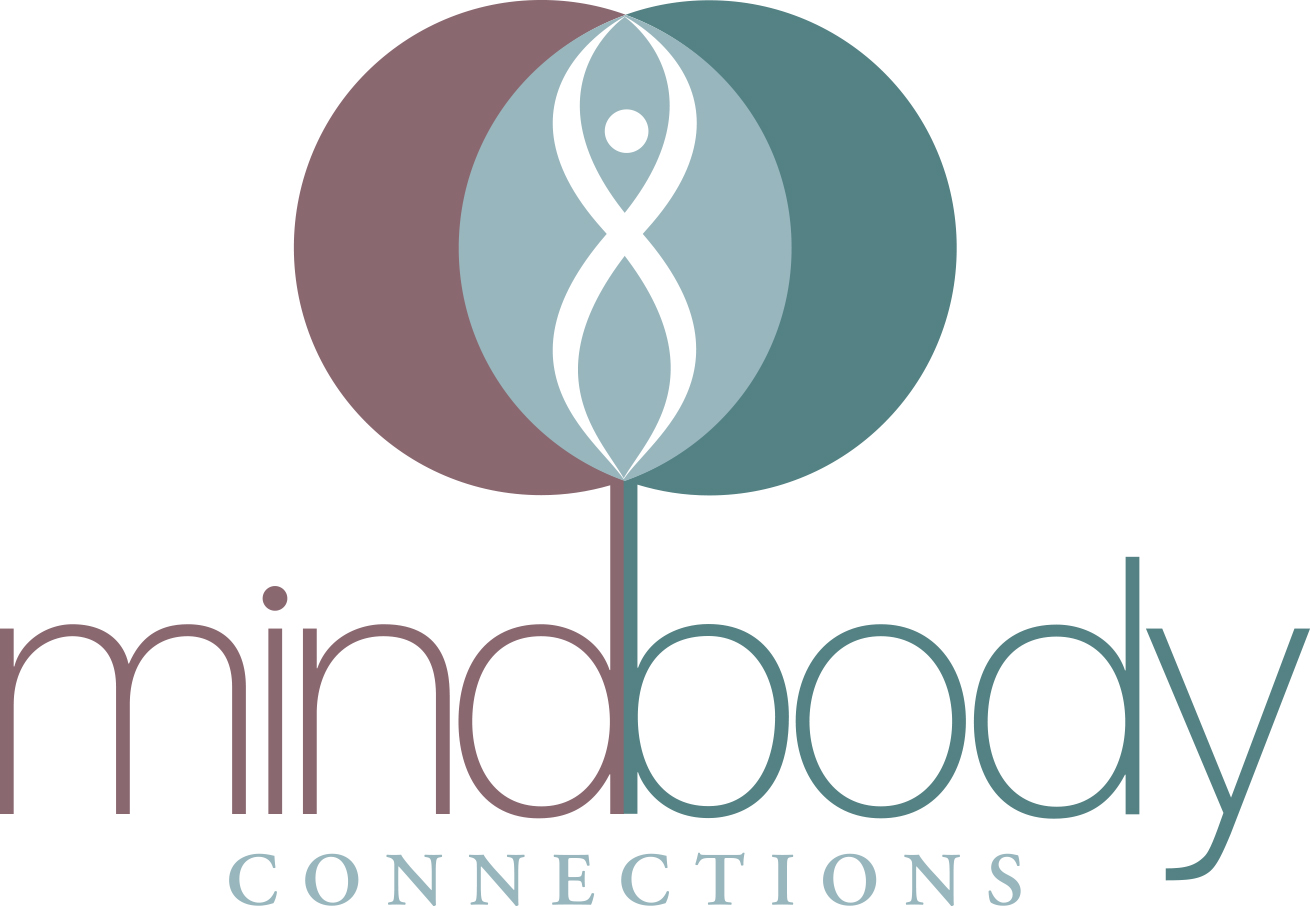“I don’t know why I’m so tired,” she said, halfway laughing, halfway crying. “I’ve been holding it together my whole life.”
I hear this all the time in Internal Family Systems (IFS) therapy. And when I do, I know we’re sitting with a protector part—a deeply loyal, often overworked part of us that has carried the burden of keeping us safe. These parts show up as the inner critic, the perfectionist, the people-pleaser, or many others, the ones who always says yes.
They developed for a reason. They helped us survive things we didn’t have the capacity to process at the time. In IFS, we don’t try to get rid of them. We get curious about them. We thank them. Because they have been holding it together. For years. Sometimes decades.
And here’s the beauty: when protectors start to trust that they no longer have to do it all alone—with a increased access to Self qualities like compassion, calm, and clarity—their grip begins to loosen. They may step back slowly, or sometimes with a deep sigh of relief. And in that space, something powerful happens: access opens to the parts of you that carry the pain, fear, or trauma. The exiles, as IFS calls them—the ones left behind in the rush to survive.
This is the real work of healing. Not forcing anything. Not pushing through. But building a relationship of trust with the parts of you that have worked so hard to keep everything contained. When they feel safe enough to rest, the deeper healing can finally begin.
So if you find yourself feeling tired lately—even as you keep it together, even as you get things done—pause for a moment. Maybe it’s not just you. Maybe it’s a protector part, tired from holding the weight of survival.
And maybe it’s time to ask: What would it be like to not have to do this alone anymore?
